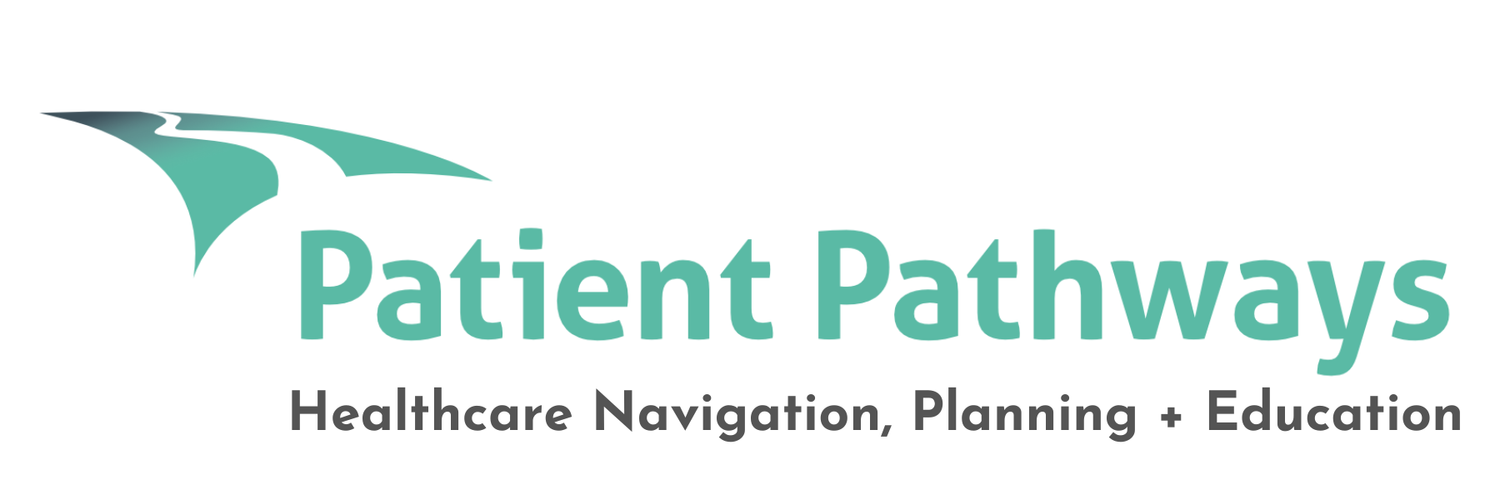When You Don't Want to Be a Burden - a Letter from Connie
I am very proud of my community.
Over the last eight months, over 100 of you have completed your Advance Care Planning with me.
The consistent feedback is that the work was hard, but the overall process has brought everyone a profound sense of clarity, and relief. With clear direction, conversations with loved ones and friends were easier.
One shared value that emerged from our discussions is our collective desire to not burden our loved ones.
It so moved me, I felt it might be worth talking about a bit more.
As a healthcare navigator and patient advocate, I work with people in crisis. Nearly always, these crises could have been prevented or minimized through documentation, and courageous conversations held in advance.
To avoid being a burden, we need to plan ahead. And we need to do that planning while we are still physically and mentally capable - before a crisis that forces us into decisions we would not have wanted.
Above all else, the vast majority of us value our autonomy and independence. Tragically, I’ve learned that many of us avoid the work of planning ahead, because it forces us to think about passing our independence and autonomy over to others. An uncomfortable thing, indeed.
However, it is, in fact, an act of empowerment to dictate our own wishes ahead of time.
When we name a Health Representative, yes, we acknowledge that we may, one day, be so sick we are not able to speak for ourselves. But in doing so, we take control of choosing which loved one(s) will speak for us (and who won’t).
When we name an Enduring Power of Attorney, yes, we face the possibility that we will no longer be able to manage our own personal and financial affairs. But we also take the opportunity to appoint the person we trust the most to manage it for us, and our family.
When we draw up a Will, we are forced to look our mortality straight in the eyes. By doing so, we bravely decide who is worthy of receiving our hard-earned possessions and assets. (And if we don’t care, we document that, too, preventing unnecessary strife.)
And, when we plan our own funerals - because invariably there are many hard decisions to be made, even if we don’t want a public event - we face the emotional work of our mortality, and gift clarity to grieving loved ones.
However, when we don’t do this work, in addition to the loss our loved ones feel when we pass, we leave a massive mess, likely anger, and certainly heartache for those we leave behind.
Ask anyone who’s ever been an executor.
If you value your independence and autonomy—and you don’t want to burden others in the face of crisis— please make these choices now from a place of empowerment and capability, and complete your Advance Care Planning and documentation today. Learn how to do it yourself here
Feeling overwhelmed, or have questions? Reach out to me, that’s what I’m here for.
Already completed your ACP, and breathing a sigh of relief? Great work! Please forward this post to a friend who might need a gentle nudge toward completing theirs.❤️
Warmest regards,
Connie


